Guide to New England Slang
Working on your Maine accent? Interpreting some Boston slang? Don’t know a milkshake from a frappe? Let our Guide to New England slang help.
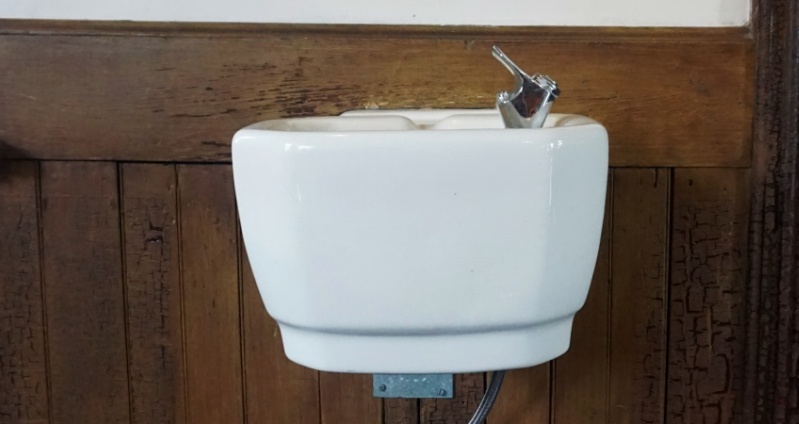
It seems as if every region in the United States has its own vernacular — words and phrases that only locals or longtime residents tend to use. New England is no different. Some New England slang is specific to a particular area or state, but we suspect that no matter what part of New England you call home (or used to call home), you’ll recognize a lot of these words and phrases.
How many do you use? What New England slang did we miss? Let us know in the comments!
Guide to New England Slang
Ayuh
Basically, “ayuh” is Maine’s version of “yup.” It frequently shows up in Stephen King books, nearly all of which are set in Maine. This is credited with helping the term gain widespread recognition.
Bang a ’Uey
Drive past the street you were looking for? Better bang a ’uey — that is, make a u-turn.
Bubbler
More commonly known as a drinking fountain or a water fountain, a bubbler is what New England kids line up at after gym class. Extra points if you pronounce it “bubblah.”
The Cape
If “the Cape” is dropped in casual conversation with a native New Englander, it’s in reference to Cape Cod, not Cape Ann (nor the red piece of material that Superman wears around his shoulders). Bonus: The town at the tip of the Cape is called P-town, the universal New England shorthand for Provincetown.
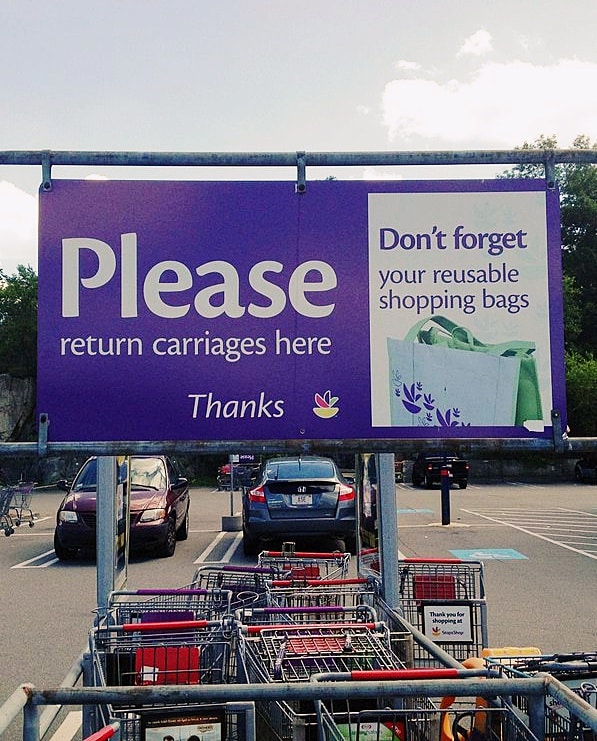
Photo Credit : Wikimedia Commons
Carriage
When shopping at Shaw’s, Hannaford, or Market Basket, we do not put our Moxie, B&M Brown Bread in a Can, and Humpty Dumpty barbecue chips into a shopping cart. Instead, we pile them into a carriage.
Clicker
Don’t like what’s on TV? Grab the clicker and change the channel. You might know a clicker better as a remote, but the word “remote” doesn’t sound nearly as good with a Boston accent.
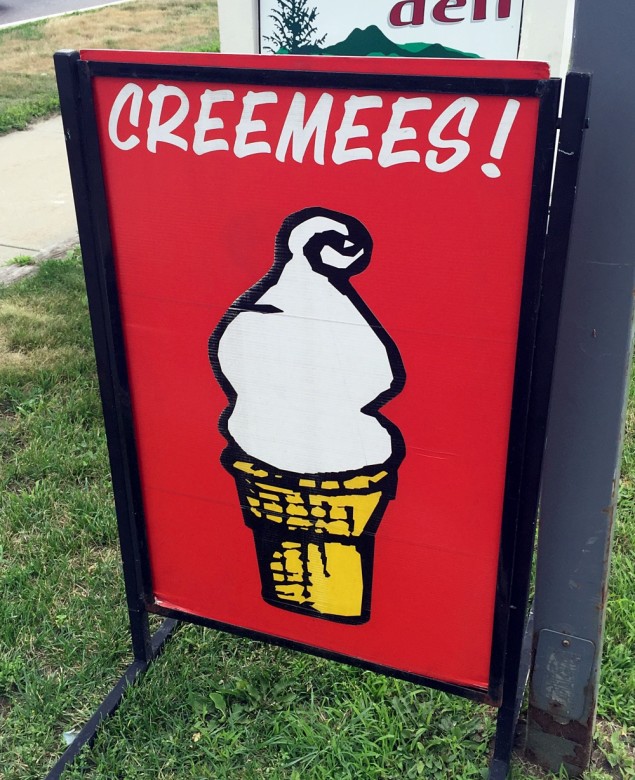
Photo Credit : Aimee Tucker
Creemee
In Vermont, “creemee” is the unique term for the ice cream style that most of us refer to as soft-serve. Vermonters are especially fond of maple creemees.
Down Cellar
This is a New Englander’s reference to a basement, especially when describing where something or someone is, or should be. “You kids are driving me nuts. Go down cellar and watch TV.”
Down East
“Down East” refers to a section of the Maine coast that runs from Penobscot Bay to the Canadian border. The term itself is in reference to the direction ships sail. It’s often confusing for visitors “from away” because it does not apply to the lower portion of the state.
Elastic
In the rest of the country, an elastic is something used to keep a ponytail in place, but here in New England, we use elastics (not “rubber bands”) for ponytails and more.
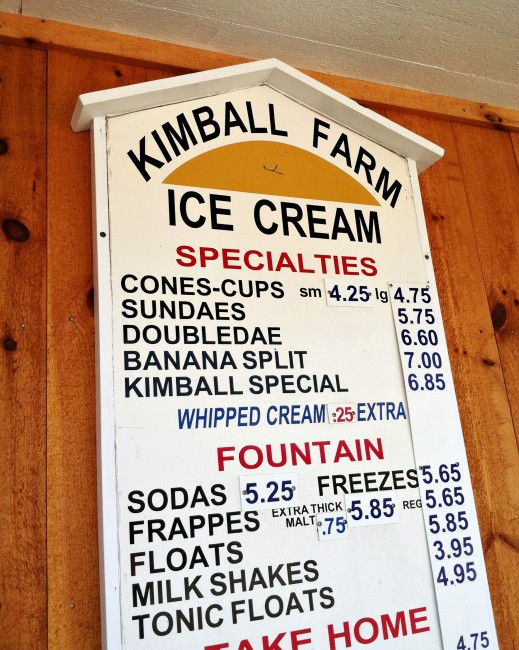
Photo Credit : Aimee Seavey
Frappe
It’s not a milkshake, it’s a frappe. A milkshake is just milk blended with flavored syrup. A frappe is a milkshake with ice cream. Thick, creamy, cold, and delicious, a frappe (especially a coffee malted frappe) is one of the few ways to make a humid New England summer slightly more bearable. Learn more about milkshakes, frappes, and cabinets (the Rhode Island version of a frappe) here.
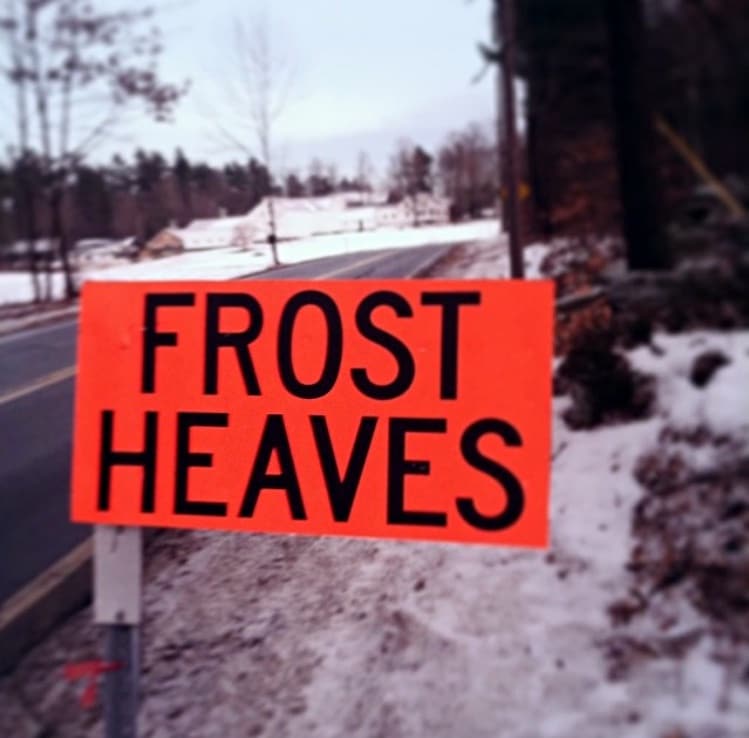
Photo Credit : Aimee Tucker
Frost Heave
Winter takes a toll on New England roads. Each year, after months of freezing and thawing, the back roads that crisscross our more rural areas are plagued with frost heaves. Think of them as spring’s infuriating natural speed bumps. Along with potholes, they make driving in New England even less fun than it already is.
Grinder
This New England slang describes the long, boatlike sandwich that people outside the region typically refer to as a sub, which is short for “submarine sandwich.” The latter term was also coined in New England but has since spread to all corners of the country.
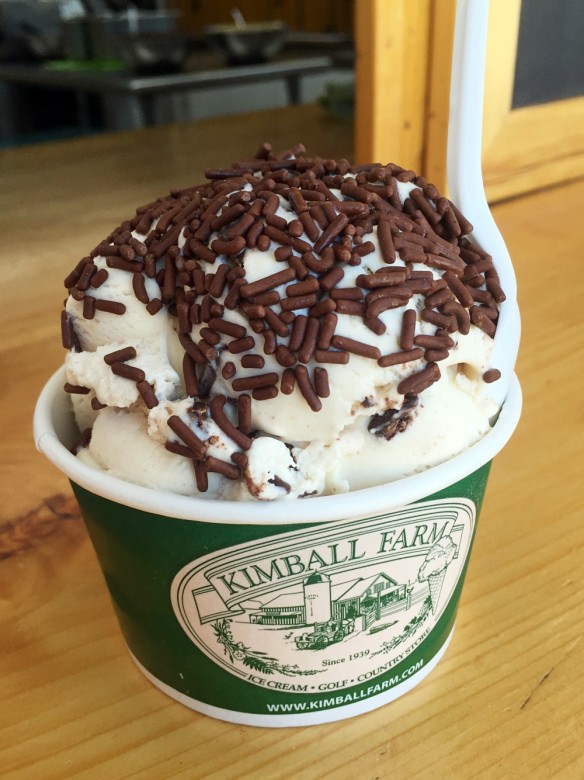
Photo Credit : Aimee Tucker
Jimmies
The colorful candies that are sprinkled over ice cream or a birthday cake are jimmies, not sprinkles. Some say there are chocolate jimmies and rainbow sprinkles, but I grew up saying “rainbow jimmies,” so I think this one is a matter of family preference. (Want to show your regional pride with every cone? Learn more about New England’s favorite ice cream flavors.)
Johnny
Not to be confused with Johnny Appleseed (he hailed from Leominster, Massachusetts) or Rhode Island cornmeal johnnycakes, a johnny is a hospital gown, especially in Boston. It’s believed the term came from the gown’s open back, designed to provide easy access to the toilet, aka the john.
Leaf Peeper
Leaf peepers are the tourists who visit New England each year to eat their weight in cider doughnuts and gawk (often while driving well below the speed limit) at the beautiful autumn foliage. They also keep local inns, B&Bs, and restaurants humming, so we gladly welcome them back. Learn more in Yankee’s humorous “Guide to New England Leaf Peepers.”
Ma**hole
We weren’t going to include this colorful derogatory term for certain residents of Massachusetts (almost always applied to careless drivers or tourists behaving badly), but since the word was added to the Oxford English Dictionary in 2015, it seemed only fair to give it a mention. The official “vulgar slang” definition? “A contemptuous term for a native or inhabitant of the state of Massachusetts.”
Mud Season
Sometime after the last winter nor’easter but before the first warm days of late spring, we New Englanders have to grit our teeth and get through the soggy mud season. In what is jokingly dubbed “the fifth New England season,” the victims include stuck cars and countless pairs of ruined white sneakers (not “tennis shoes”). A favorite piece of mud season wisdom from the Yankee archives: “Mud season is God’s way of letting New Englanders know they haven’t gotten to heaven yet.”
Packie
A popular piece of Boston slang, “packie” — short for “package store” — describes a no-frills liquor store. And it’s almost always used in the context of a “quick run.”
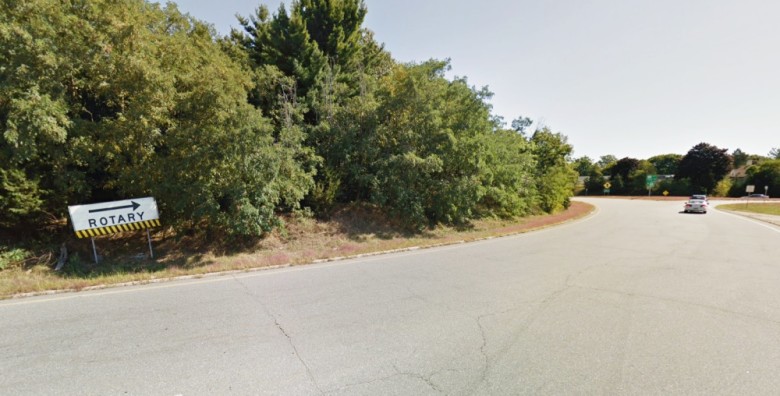
Photo Credit : Google Maps
Rotary
A circular intersection is called a rotary, not a traffic circle or a roundabout. Don’t ask us why — just wait your turn, then make it quick!
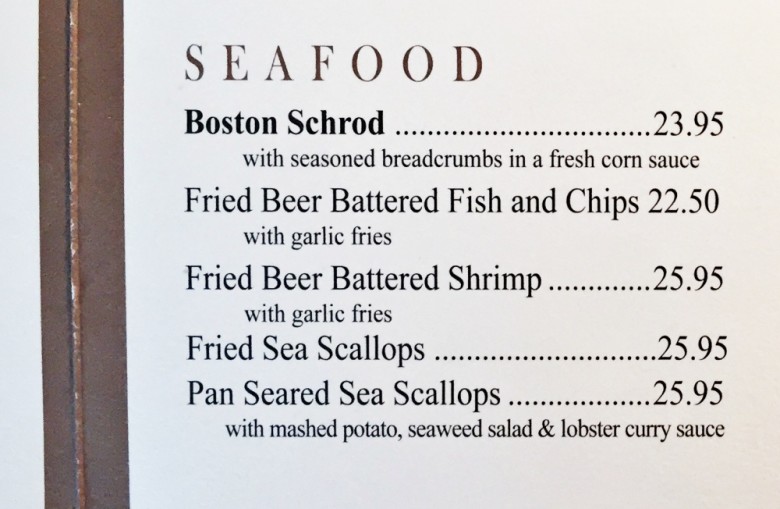
Photo Credit : Aimee Tucker
Scrod
Is it haddock? Is it cod? The word “scrod” (sometimes spelled “schrod”) in New England is often used as a placeholder for any firm, white “catch of the day” fish — typically cod, halibut, haddock, or pollock. The Parker House hotel in Boston claims to have created the term (along with Parker House rolls and Boston cream pie) so that its menus would not need constant updates. You’ll also sometimes hear that the letters in “scrod” stand for “Select Catch Received on the Day.”
Spuckie
Yet another term for a sandwich on a long roll, “spuckie” is the Boston-slang version of “sub” or “grinder.”
Tag Sale
Bargain hunters in southern New England spend their summer Saturdays on the hunt for tag sales. You might know them better as yard sales or garage sales.
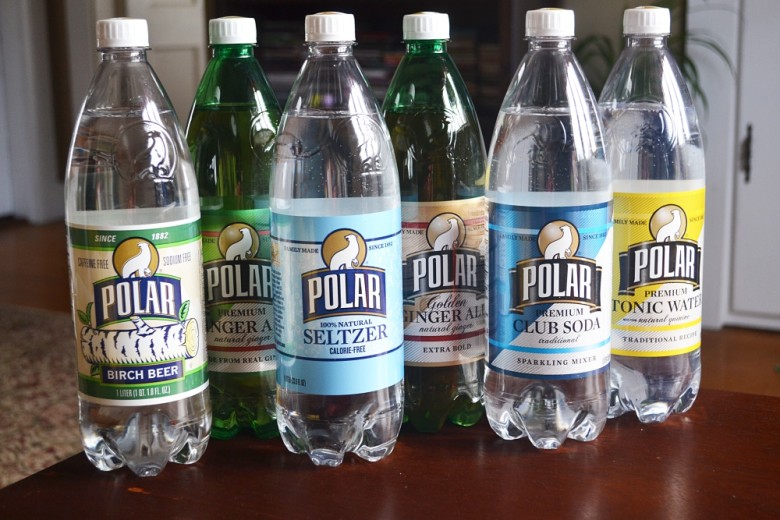
Photo Credit : Aimee Tucker
Tonic
While not as popular as it once was, the term “tonic” is still used by many, especially in the Boston area, to describe any carbonated beverage. Today you’re much more likely to hear “soda”; however, I can remember being told in my mid-1980s childhood to “go down cellar for a bottle of tonic.” Some ice cream parlors will also still offer you a tonic float instead of a root beer float.
Wicked
You didn’t think we’d get through this list without a wicked good ending, did you? It’s probably the most overused piece of New England/Boston slang in the world, but not for nothing. You’ll hear New Englanders from Connecticut to Maine using “wicked” as an emphatic substitute for “really” at just about every opportunity. Some habits are just wicked hard to break.
Did we miss your favorite piece of New England slang? Let us know!
This post was first published in 2017 and has been updated.
SEE MORE:
You Might Be a New Englander If…
75 Classic New England Foods
10 Prettiest Coastal Towns in New England
10 Favorite Smells of New England
Aimee Tucker
Aimee Tucker is Yankee Magazine’s Home Editor and the Senior Digital Editor of NewEngland.com. A lifelong New Englander and Yankee contributor since 2010, Aimee has written columns devoted to history, foliage, retro food, and architecture, and regularly shares her experiences in New England travel, home, and gardening. Her most memorable Yankee experiences to date include meeting Stephen King, singing along to a James Taylor Fourth of July concert at Tanglewood, and taking to the skies in the Hood blimp for an open-air tour of the Massachusetts coastline.
More by Aimee Tucker

